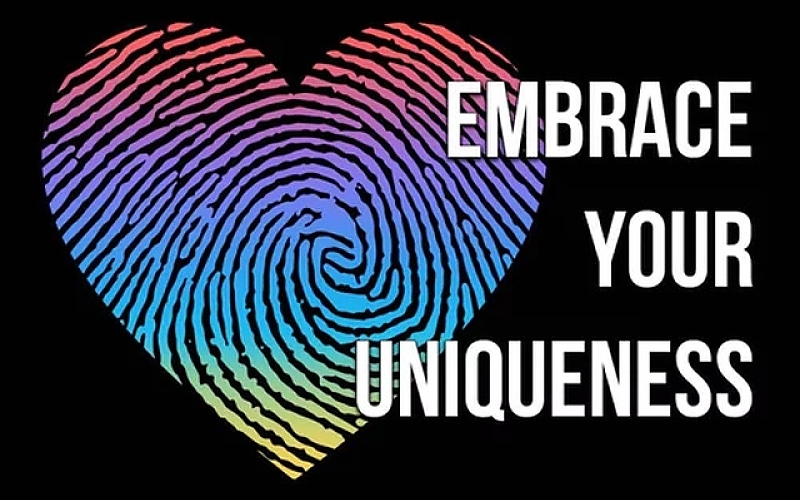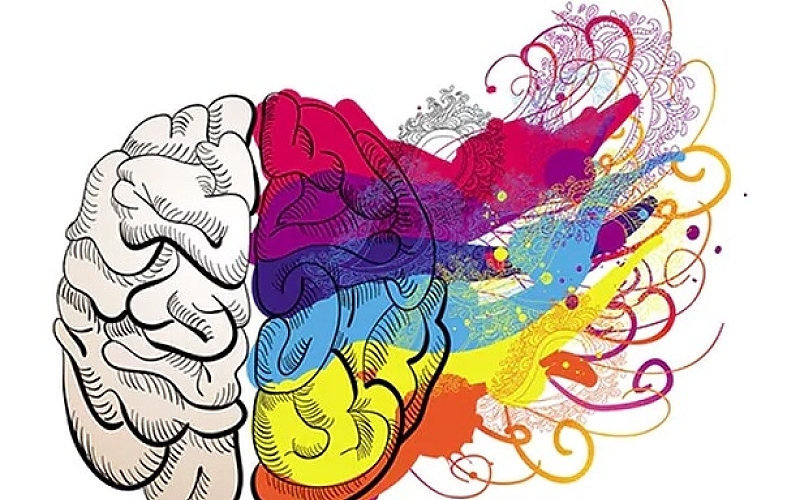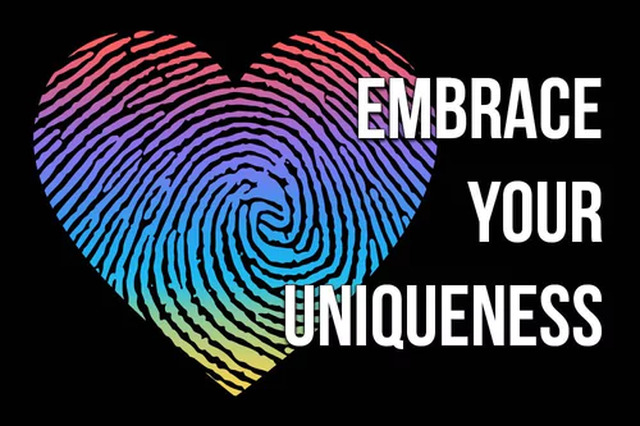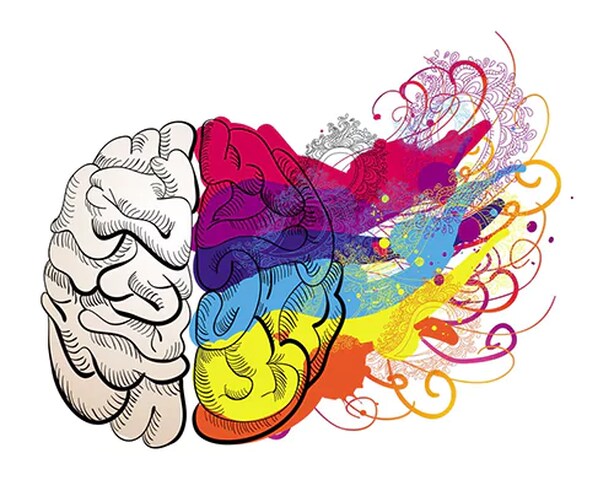A Wise Man Seeks Counsel
Have you ever felt like it is easier to talk about your problems with a stranger? Perhaps you felt that you were listened to in a different way or you ...
Learn MoreInterested in psychedelic integration? Check out our sister company Mindful Psychedelics
Interested in psychedelic integration? Check out our sister company Mindful Psychedelics

Home › Blog

Have you ever felt like it is easier to talk about your problems with a stranger? Perhaps you felt that you were listened to in a different way or you ...
Learn More
You may have heard of the well-known saying that talks about whether one sees a glass half full or half empty. It is said that the person who sees the ...
Learn More
Every client is unique—this philosophy is foundational to the practice of hypnosis and, really, to so many postmodern therapies. This attitude toward psychotherapy and people in general heavily originated ...
Learn More
Mindfulness—a practice originating in Eastern cultures—has been increasingly adopted and used in the Western world. This is a wonderful thing because mindfulness is a beautiful way to get ...
Learn More
Post By: Vanessa Bibliowicz “Doubt is not a pleasant condition, but certainty is absurd.” — Voltaire For many, dealing with uncertainty leads to high levels of anxiety, and one reason why ...
Learn More
My client Benjamin*, an 11 year old boy, absolutely loves the movie series, “Transformers”. I took our Longboard Therapy © session as an opportunity to take his love for the movie series ...
Learn More
How did longboarding help her deal with the often looming feeling of guilt during her time of unemployment? Amber attributes this to experiencing a feeling of “harmony.” In describing this ...
Learn More
As a therapist I am constantly reminded of our society’s high demands and what impact it has on my clients in today’s world. Technology plays a big role ...
Learn More
Discover the transformative power of Ericksonian therapy in overcoming life's challenges. Learn how to tap into your subconscious wisdom, rewrite your story, and find inner strength using techniques like indirect ...
Learn More
Self-focus is about being present, centered, and aware of ones own self. To be self-focused in relationships is to speak from ones own voice about oneself. It is not about ...
Learn More
Be adequately present for each other. Validate feelings and perspectives without being quick to judgment. This will allow your partner to feel valued.
Learn More
It is very important to reassess our solution attempts for change, and to make sure that we do not stubbornly stick to our initial efforts, especially if we are not ...
Learn More
September 6, 2024

April 26, 2023

April 13, 2023

March 22, 2023

March 15, 2023
Isaac Farin Therapy, LLC
20197 NE 16th Place 2nd Floor,
North Miami Beach, FL 33179
Isaac Farin Therapy, LLC, a South Florida family therapy practice servicing North Miami Beach, Aventura, and surrounding areas, offers a warm, judgment-free space for personal growth and positive change. Our team creates custom plans using diverse approaches like strength-based therapy, longboard therapy®, hypnotherapy, spiritual therapy, yoga therapy, mindfulness therapy, and systems therapy. In our safe environment, you can explore your thoughts and feelings, opening doors to new possibilities. Whether you're dealing with stress, relationships, personal growth, or seeking athletic performance enhancement through sports therapy, our collaborative approach, rooted in postmodern and collaborative therapy, ensures you're an active part of your progress. Start your journey to a happier, more fulfilling life with Isaac Farin Therapy today. We're ready to support you every step of the way.
By using our website, you agree to the use of cookies as described in our Cookie Policy